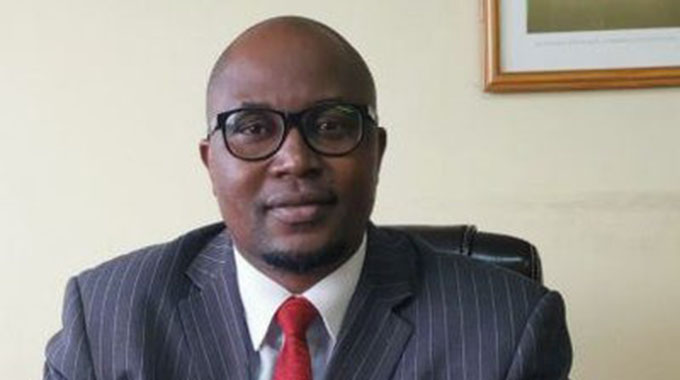Rhodesia must train more technologists for progress – Malvern
The Rhodesia Herald,
May 17, 1967
RHODESIA, a developing country of almost unbounded potential, realises that unless it trains more scientists, technicians, technologists and engineers, its development will come to a standstill, Lord Malvern said in Bulawayo today.
No race has a monopoly of individuals suitable for higher education, he added. Lord Malvern, who is chairman of the Council of the University College of Rhodesia, was addressing the opening session of the first Rhodesia science congress, sponsored by the Association of Scientific Societies in Rhodesia.
South Africa also realises the vital necessity of an intensive training programme for engineers, technicians and technologists, he said.
“There is a tremendous shortage of engineers and scientists. In South Africa, it has been realised that unless recruitment of all possible suitable material of all races is carried out, development will come to a standstill.
“The demand for such personnel, here and in South Africa, is not being met by supply. Both here and in South Africa, education of a higher nature has not kept pace with the demand for graduates in the scarce professions.
“There is no indication here that any race has a monopoly of individuals suitable for higher education – though that is not very popular in some circles. The time has arrived for broadening the base of scientific control in Rhodesia, so that the whole development potential and not agriculture, is sufficiently considered.
“The time is ripe for such a move – the setting up of a council for scientific and industrial research on which not only the Government, but secondary industry is represented. This is the real key to our future development.”
The present congress is the expression of a spontaneous desire to contribute to and share scientific research.
“It is difficult to imagine it occurring spontaneously in any other African territory to the north of us during the next decade,” he said.
While paying tribute to voluntary societies and individuals for achievements in the field of research, Lord Malvern said: “But I would not belittle the contribution of the Government, for obvious reasons.”
Successive Rhodesian Governments have fostered the country’s participation in Commonwealth and world scientific groups. Rhodesia was a foundation member of several of them. Rhodesia supplies many specialist officers for scientific assignments in Africa and elsewhere.
LESSONS FOR TODAY
Technology has become a basic necessity in our lives because of its ability to make things easier, be it in business or social life. It has therefore become central to our continued existence hence the need for more people to study it.
More and more Governments are recognising the importance of technology.
In Zimbabwe, the Government has taken a deliberate decision to encourage more people to study technology in tertiary institutions through the introduction of technology and innovation hubs, which has resulted in some universities to make timely interventions such as making face masks, sanitisers and test kits for Covid-19.
Technology is the future and rapid changes in the field require continuous learning and upgrading of systems.
Technology ranks among the top five sectors that would be highly sought out by job seekers in the future.






Comments